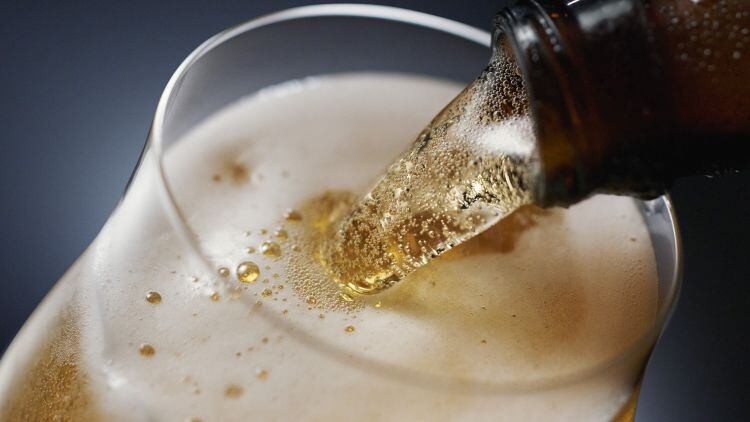A report looking into the impact of the Alcohol Minimum Unit Pricing Scotland Act (MUP) found alcohol related deaths had been reduced by an estimated 13.4%.
However, while British Beer & Pub Association (BBPA) CEO Emma McClarkin said the report had been “positive”, she raised questions over how much of the reductions should be directly attributed to the MUP.
McClarkin said: “It is positive to see a continued reduction in alcohol health-related harms, this follows a sustained trend of decline which predates the introduction of MUP.
“While the reduction in health harms is rightly celebrated, we question if this can be directly attributed to MUP.
No clear evidence
“It also comes after over a decade of investment from industry in responsibility messaging, substantial growth of low and no products through innovation and advertising, as well as a host of regulatory interventions such as discount bans, happy hour bans, restrictions to the hours of off-sales and much more.”
The report, released today (Tuesday 27 June 2023), also found hospital admissions relating to alcohol consumption decreased by some 4.1%, with the largest reduction seen in men and those living in deprived areas.
In addition, the MUP was also found to have led to a 3% reduction in alcohol consumption at a population level, measured by retail sales, driven by sales of cider and spirits through the off trade.
The scheme, originally launched in 2012 by former Scottish First Minister Nicola Sturgeon, introduced a statutory minimum price for alcohol of 50p per unit in a bid to reduce alcohol consumption in heavy drinkers and reduce health issues caused by excessive drinking.
Nevertheless, for people living with alcohol dependence, the evaluation stated there had been “limited evidence” of any reduction in consumption with “some evidence” of consequences for those with established alcohol dependence on low incomes, including prioritising spending on alcohol over food.
The report said: “The evaluation report shows while the impact on alcoholic drink producers and retailers varied depending on the mix of products made or sold, there is no clear evidence of substantial negative impacts on the alcoholic drinks industry in Scotland as a whole.”
Unintended consequences
McClarkin added there must be caution taken regarding the “unintended consequences” of the report in its “current blunt form and its interaction with other Government policies”.
“As highlighted in the evaluation, there has been a negative impact on those with dependency issues and drinking at harmful levels.
“This has led to these people switching to stronger products, particularly vodka, resulting in increased toxication as reported by themselves and their families”, she continued.
Moreover, the CEO concluded the introduction of a Deposit Return Scheme (DRS), without the inclusion of glass, could “further drive consumers towards higher strength products”.
She said: “Glass products like vodka will have no deposit, while in comparison, a multipack of aluminium cans could have as much as £4.80 added on top of the price.
“This all must be considered before the Scottish Government and Parliament decide on whether or not to continue MUP in its current form beyond next May, or potentially adapt it to take account of DRS and avoid disincentivising the consumption of lower strength products.”





